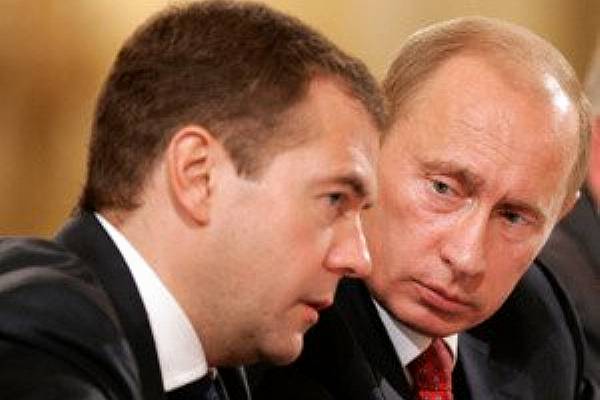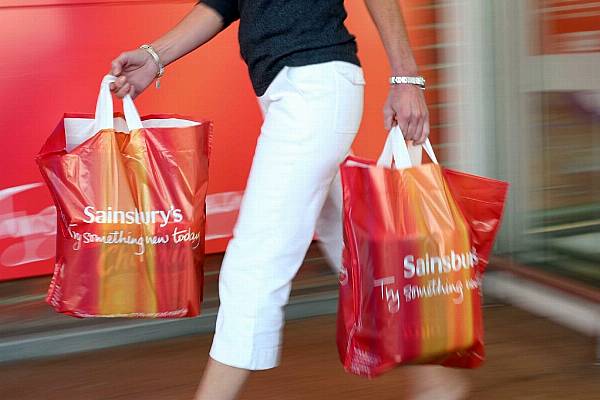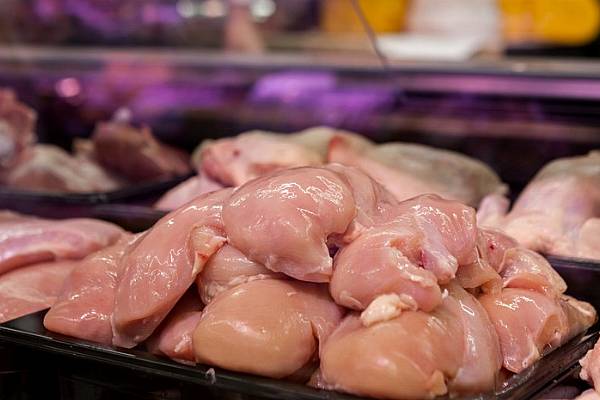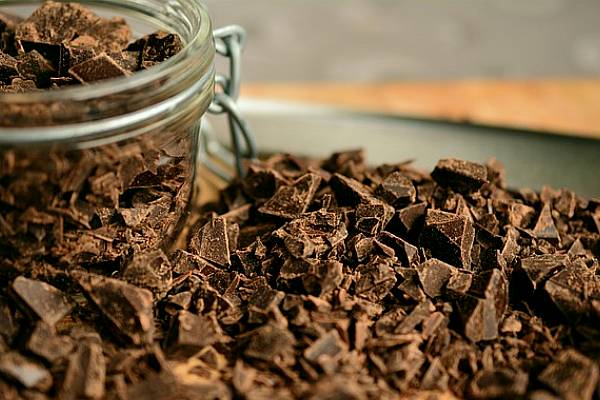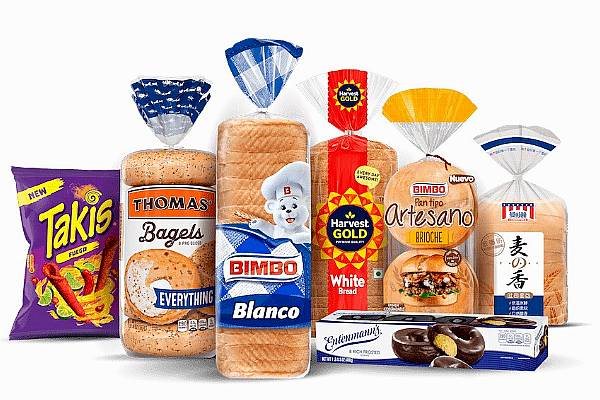Most Russian stocks dropped as OAO Magnit slid the most in three months on concern food-import bans imposed in retaliation for U.S. and European sanctions will hurt earnings of retailers. The ruble fell for a sixth day.
Magnit, the nation’s largest supermarket chain, retreated 4.7 percent, while its shares in London slumped the most since April 24. The benchmark Micex Index slid as much as 2.1 percent before trading 0.3 percent lower at 5:50 p.m. in Moscow. OAO Dixy Group and Lenta Ltd. lost 2.7 percent and 4.3 percent, respectively. The ruble weakened 0.2 percent versus the dollar.
Investors already deterred by the escalating crisis in Ukraine are pulling out of retail companies on concern the import restrictions will cut into revenue, according to ING Groep NV and BNP Paribas SA. Russia’s import curbs include all cheese, fish, beef, pork, fruit, vegetables and dairy products from the U.S., the European Union, Canada, Australia and Norway, Prime Minister Dmitry Medvedev said today.
The import restrictions “will amplify the effects of financial and sectoral sanctions imposed on Russia,” Dmitry Polevoy, an economist at ING Bank in Moscow, said in an e-mailed note. “This will likely add to overall sanction costs via higher food inflation and so will have a widespread effect on households.”
Russia’s dollar-denominated RTS Index retreated as much as 2.3 percent, while Ukraine’s UX Index slid 1.9 percent. The ruble depreciated to 36.2675 per dollar, the weakest on a closing basis since March 20, the day before President Vladimir Putin signed legislation completing the annexation of Ukraine’s Crimea peninsula and triggering the worst standoff between Russia and the U.S. since the Cold War.
Deeper Sanctions
The Micex has tumbled 7.4 percent since Putin’s incursion into Crimea began on March 1, compared with a 9.1 percent advance in the MSCI Emerging Markets Index. Ten of the Micex’s 50 stocks were trading above the 50-day moving average yesterday, the fewest since March 28.
The index trimmed losses today as OAO Gazprom climbed 1.7 percent and OAO Novatek increased 1.4 percent.
Putin yesterday ordered import restrictions in response to deeper sanctions by the U.S. and European Union, which last week limited the ability of state-controlled lenders to sell bonds and shares in the 28-nation bloc.
The ban comes as the U.S. joined NATO and Poland in warning about the risk of Russia sending troops into Ukraine. Russia called reports of a military buildup on its western border “groundless.” In Ukraine’s easternmost regions, government troops are pressing ahead with an offensive against pro-Russian insurgents that prompted officials in Kiev to say this week that victory was near.
‘Negative Sentiment’
X5 Retail Group NV, Russia’s second-largest supermarket chain, fell 4.1 percent to $17.15 in London trading, the lowest level since May 12. O’Key Group SA’s global depositary receipts dropped 4.4 percent.
“The initiative will drive negative sentiment toward retail chains, particularly those with a higher share of imports,” Sberbank CIB analysts, led by Mikhail Krasnoperov, said in an e-mailed note today.
Still, food imports account for only 10 percent of sales at Magnit, with the EU and U.S. comprising about 1 percent, according to Sberbank estimates. “Magnit is the least exposed,” it said. “Putting aside negative sentiment, the decree should not have material implications for the retail chains we cover.”
Reducing Holdings
Imported goods account for as much as 25 percent of retail sales in Russia, Andrey Karpov, executive director of the Retail Companies Association, said by phone yesterday. Russia imported $43.1 billion of food and raw agricultural materials last year, including $36.9 billion from countries outside the former Soviet republics in the Commonwealth of Independent States, according to Federal Customs Service data.
“On Ukraine, it is now clear that the only way is an internal political solution based on a certain degree of federalism,” Martial Godet, the head of emerging-market equity and derivatives strategy at BNP Paribas SA in Paris, said by e- mail. “In the meantime, investors will continue to reduce their Russian holdings.”
Bloomberg News edited by ESM
